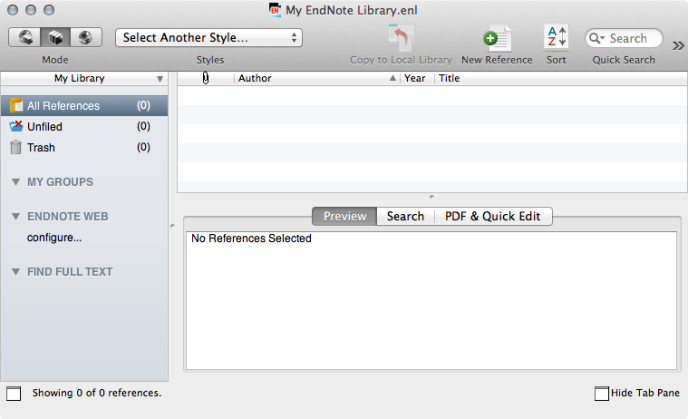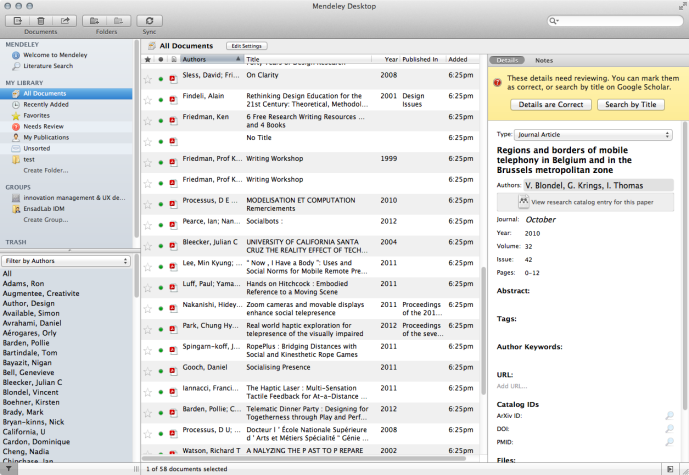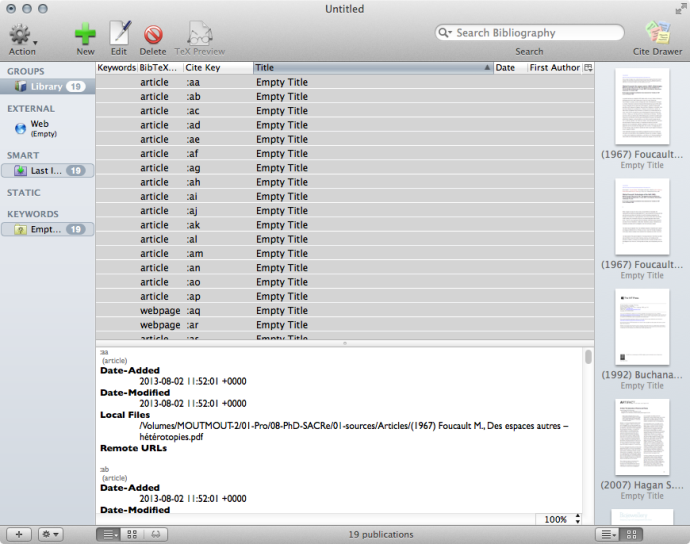You’re looking for a tool?

biblio http://dirt.projectbamboo.org/categories/bibliographic-management
organization http://dirt.projectbamboo.org/categories/organization
scientific search http://dirt.projectbamboo.org/categories/search
mapping http://dirt.projectbamboo.org/categories/mapping
via evernote public notebook: “evernote for research”
Selection of tools:
http://ucrel.lancs.ac.uk/claws/
Parts-of-Speech (POS) tagging software – the classification of words into one or more categories based upon its definition, relationship with other words, or other context. – See more at: http://dirtdirectory.org/resources/claws-tagger#sthash.04WzhFar.UoOT9vH6.dpuf
Cluuz is a search engine that shows not only links to related pages, but also entities (people, companies, organizations) and images that are extracted from within the search results. In addition to the results, Cluuz displays a tag cloud of the most relevant entities extracted from returned results, as well as a semantic graph view of a cluster of terms. – See more at: http://dirtdirectory.org/resources/cluuz#sthash.YydPnPBk.dpuf
http://www.cluuz.com/
Each week Altmetric captures hundreds of thousands of tweets, blog posts, news stories and other content that mention scholarly articles.
The Altmetric Explorer lets you monitor, search and measure conversations about your publications and those of your competitors. Use the Explorer to deliver insights, track mentions and measure levels of attention over time.
http://www.altmetric.com/aboutexplorer.php
http://www.altmetric.com/institutional-edition.php





